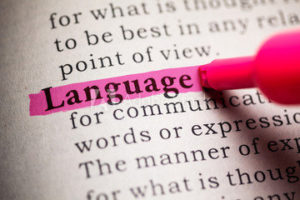Forensic linguistics – what’s that?

Is a contract provision binding if its meaning is indeterminate or ambiguous?
At various places on this site, you’ll find somewhat abstract descriptions of the services I offer. But what kinds of cases do I actually get involved in? Examples follow (current cases excluded).
In three of my specialties, I’m about equally divided between Plaintiff and Defendant. In cases of alleged academic plagiarism, I represent the Defendant, who typically has not committed plagiarism, even by the university’s own rules. In cases of literary plagiarism, I represent Plaintiffs who believe that their work has been copied.










